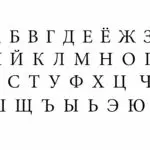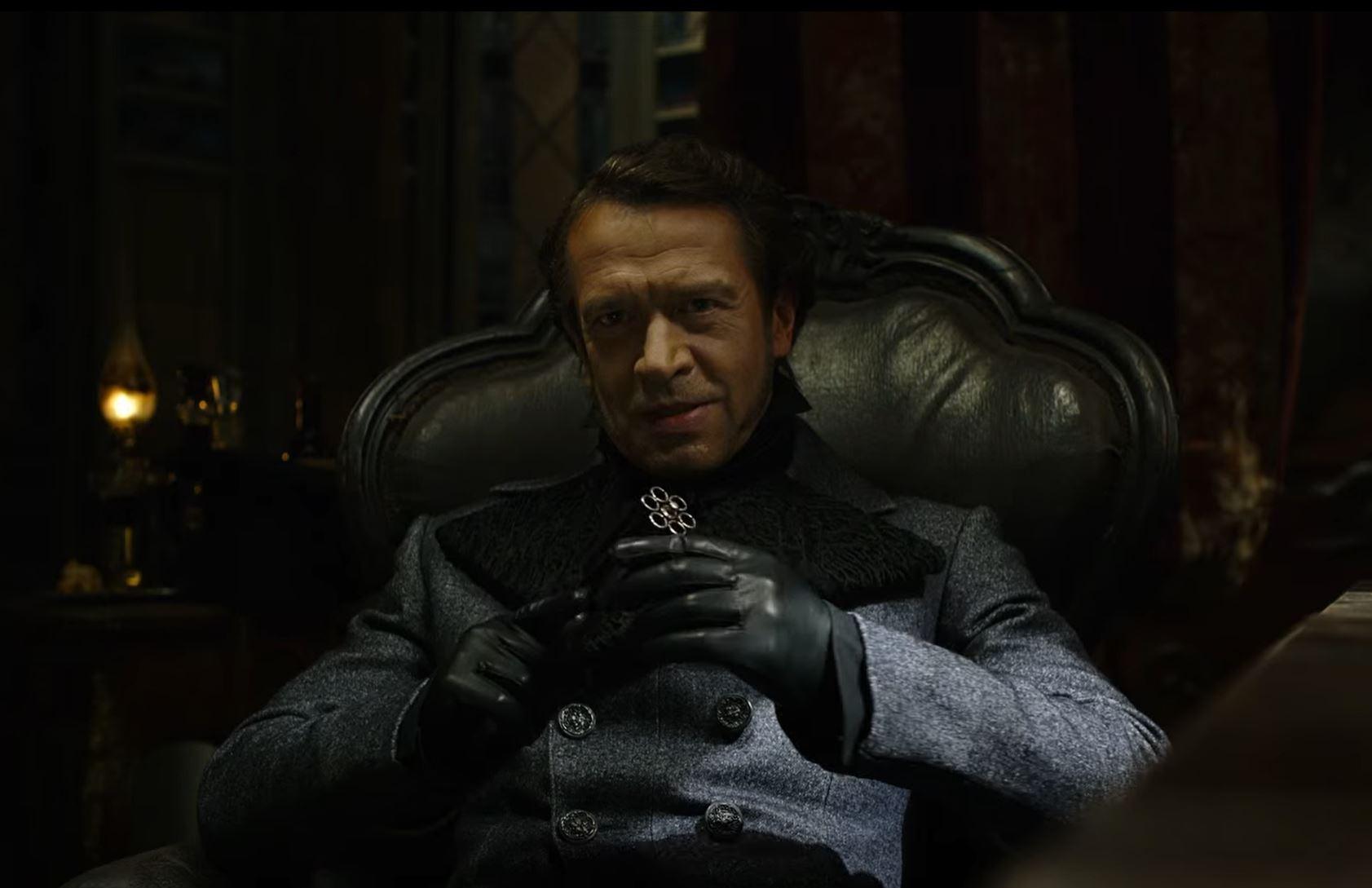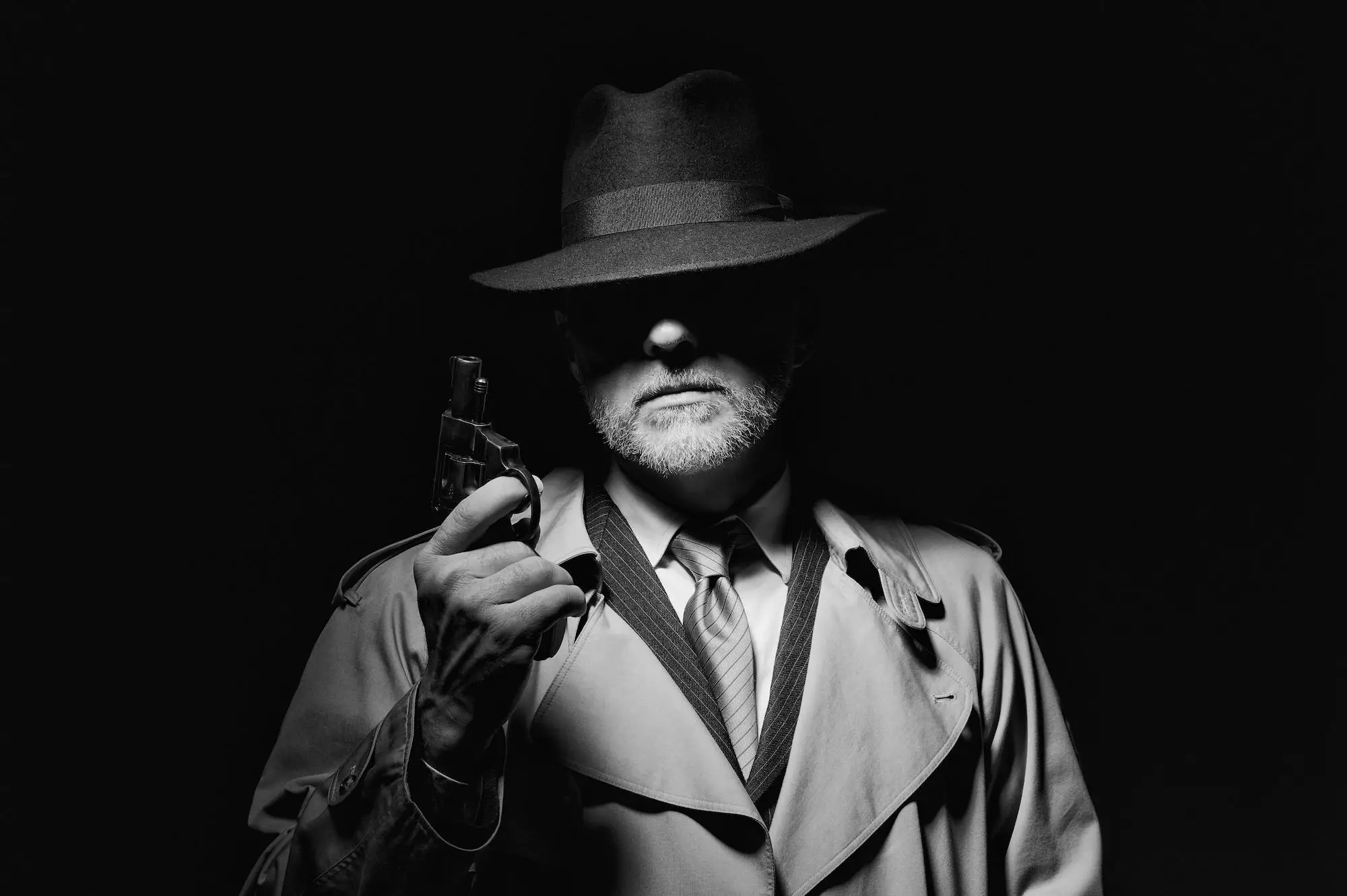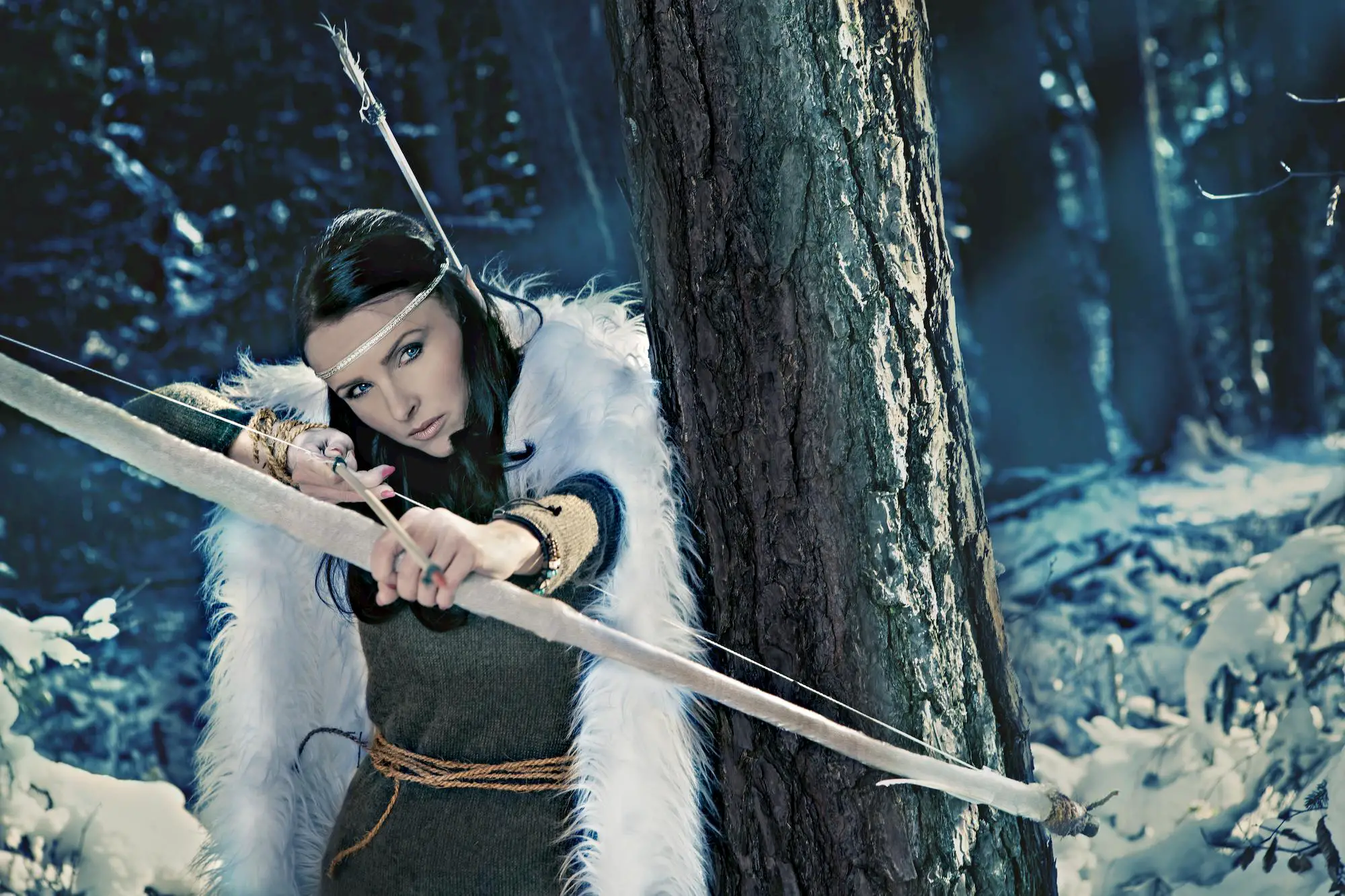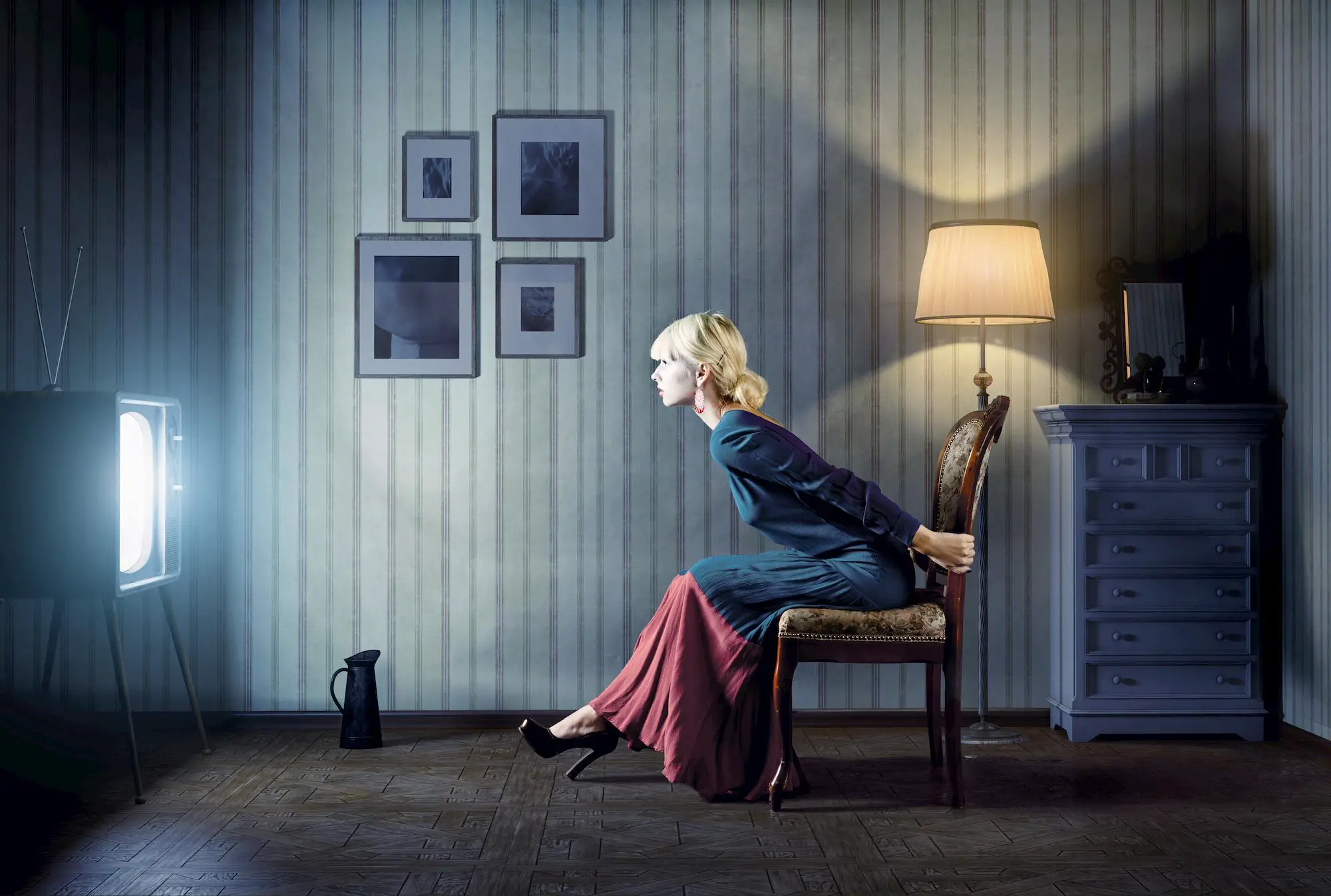Are you looking for some great movies to watch? Hollywood does not do it for you anymore? Well, why not look elsewhere for your entertainment?
In this article I am going to talk about the best Polish movies, their directors, and many reasons why these movies should be on your must-watch list!
So, sit back, relax and enjoy this article about the best films Poland has to offer!
Table of Contents
Top Polish Movies
1. “Eroica” by Andrzej Munk
An overall masterpiece of a Polish movie, with Andrzej Munk providing the viewer with a great overview of the Polish interpretation of heroism. It tells the story of two Goliaths, Dzidziuś and Lt. Zawistowski.
During the first part, the viewer witnesses the preparations for the Polish uprising during the final stages of World War II.
At the same time while Dzidziuś’s wife sleeps with a Hungarian officer, he tries to establish a link between the Poles and the Hungarian troops, in order for the Hungarian forces to switch sides and join the anti-fascist movement.
Moving in between the lines, he manages to survive: sometimes because of his tricekty set, sometimes due to his mad naivety and most often by pure chance.
The second part follows the story of Lt. Zawistowski, who serves as a sort of an icon among the Polish soldiers that are captured in a huge jail as prisoners of war.
It is impossible to escape from the prison, although the soldiers believe that it is their national duty to escape, pointing at Lt. Zawistowski as the only one who successfully did it.
Anyway, he is inside of the prison all the time.
For years, Lt. Zawistowski would hide in the attic of the barracks, away from the patriotism of his comrades he found unbearable. He hides and hides and dies at the end, right in between the ambivalent values of the Polish hero.
IMDB score: 7.4/10
2. “Ashes and Diamonds” by Andrzej Wajda
On Wajda
Andrzej Wajda won an Academy Honorary Award in 1999, an Oscar in recognition of five decades of extraordinary film direction. He directed classics such as Man of Iron, Man of Marble and Katyn.
On Ashes and Diamonds
So, it is Tuesday, 8 May 1945 and the great war in Europe is over.
Maicek (sensationally interpreted by Zbigniew Cybulski who is later referred to as the James Dean of the East) is a young soldier in the right-wing Nationalist Army from Warsaw.
He knows nothing but the front and insists to continue his lifestyle as a soldier, although he senses that soon he won’t be of any use. On top of that busy list, he suddenly gets himself in an affair with a fairy-like bartender, a magnificent blonde played by Ewa Krzyżewska [1].
It is a great story in every possible way, reminding of some of the greatest Hollywood films. Or do they resemble Andrzej Wajda and Ashes and Diamonds?
Having in mind that one of the elite Hollywood directors Martin Scorsesse names both Wajda and its films as his major influence, it is far more likely for the second to be the case.
IMDB score: 7.8/10
3. “Three Colours: Blue” by Krzysztof Kieślowski
Nothing about Krzysztof Kieślowski is ever simple.
He became famous because of his Dekalog, and rightly so, an epic mini-series of 10 episodes based upon the 10 commandments as defined in the Bible.
However, if we are about to choose a film that works best as a single statement, it will have to be Three Colours: Blue with Juliette Binoche.
It is a deeply personal film, as the main character is a woman who managed to get away from a terrible car accident alive. An accident where she loses her daughter, and her husband who turns out to be one of the most promising European composers of his day.
She is utterly destroyed on an emotional level and tries to take her life early in the movie.
However, after the unsuccessful attempt the plot goes on and so does her life full of denial and misery. We see her in a series of events where she tries her best to remove the physical reminders of her past life, everything that previously meant something.
This film got mixed critiques, although nobody doubted the cinematic mastery of Kieślowski.
Moreover, it is so aesthetically pleasing that every shot may well serve as an artistic photo.
It won a share of Venice’s Golden Lion (with Altman’s forthcoming Short Cuts) and few other important awards. But what is most important, as the outro of the film suggests through the beautiful words of Apostle Paul about love, it won over the hearts of the public.
That is why it still remains among the must-see films, although the initial release happened almost 20 years ago.
IMDB score: 7.9/10
4. “Cold War” by Paweł Pawlikowski
A love story where the problematic love for the East, Warsaw and Poland as the motherland during times of dictatorship is overcome by a love for a single woman.
It stands out immediately because of its soundtrack. It is made so well that beautiful sounds of Polish traditional songs overwhelm your senses and get you in a melodic trap of sorrow.
What is indistinguishable, when talking about the main qualities of this film is the extraordinary performance of Joanna Kuling, which won the Polish award for the best main role, that year. On the same page of excellence is also her partner in the film, Tomasz Kot.
The film got two nominations at the Oscars in 2018: for Best Foreign Language Film and for Best Director.
Although it didn’t win in any of those categories, Pawlikowski had previously won an Oscar in 2014. The masterpiece he is best known for in Poland is called Ida, another extraordinary achievement of the Polish cinema that won him the award for Best Foreign Language Film.
5. “Europa Europa” by Agnieszka Holland
A shiny example of the Polish cinema and a thrilling World War II story, directed by Agnieszka Holland who received the Golden Globe Award for Best Foreign Language Film as the only female director from Poland to achieve that honor.
It is based upon true events, a premise that usually guarantees an unimaginable turn of events in films, as nothing is more imaginative than the reality itself. The life of Salek, a Jewish boy raised in Germany, is entirely paradoxical and seems like a cosmic joke.
He says “I was happy when the war started”, to begin with. This line is not related to ideology, culture or political views. For our hero, the occupation of Poland by the German forces meant that the police would forget about a bicycle incident he was involved in.
He leaves his family home in Poland and separates with his brother quite early in the plot.
He ends up East in Soviet Russia, to be trained in the Stalinist education system, where chocolate bars fall from the dormitory’s sky.
Next, he is captured by the Nazis, an occasion where he switches to Nazi’s Younth club.
Following the announcement of the capitulation of Hitler, he passionately recites “Deutschland Uber Alles” with the rest of his miserable fellas.
Soon after the fall of Nazi Germany, he switches back to the Russian side. Russians are not very keen on believing his story, but since he reunites with his Jew brother on the spot, an opportunity for a pardon is being made and he is being saved by the East once again.
It is a bittersweet triumph after all. A set of events that truly deserve a movie interpretation.
IMDB score: 7.6/10
6. “Knife in the Water“ by Roman Polanski
A Polish prodigy that may be familiar, to many, for his Oscar-winning film The Pianist. Here, we decided to draw your attention to another Polanski’s piece which also was an Oscar nominee in 1963, his first feature film and the only one where the characters speak Polish.
It all happens in a single day.
It is Sunday and husband and wife go sailing, taking a suspicious young man with them. The sexual tension between the three is tangible.
It is a dialogue-driven film, where both males are in a constant battle over the attention of the female. She participates in the game also merging from an innocent observer to a decisive risk-taker.
And there is nothing more to say about it. It is a perfect case study of a love triangle, a psychological drama that introduced a world-class director from Poland to the world.
Definitely a great watch for Polish film lovers.
7. “The Hourglass Sanatorium” by Wojciech Jerzy Has
This film is simply magnificent: its horrendous scenography, Jan Nowicki in the role of Józef and much more.
And yes, the unmatched directing by Wojciech Jerzy Has, who indulges the viewer in 119 minutes of bittersweet psychedelics that have the Jungian knowledge written all over it.
Józef gets himself on a suspicious train in order to visit his dying father.
He enters through the window and his journey begins. As an Alice in Wonderland, he swings and sways in between childhood memories, reliving traumas, asking questions.
Without a particular sense that a hallelujah moment is on its way, it captivates your attention and unfolds in front of you, as a morbid read of someone else’s dream.
This holds true for any film directed by Wojciech Jerzy Has: it is not for everyone, nor for any occasion and you cannot scroll on your smartphone while it is on.
8. “Mother Joan of the Angels” by Jerzy Kawalerowicz
We close this set of best Polish films with an astonishing piece directed by one of the unsung heroes of the Polish cinema. This movie puts Jerzy Kawalerowicz on the same cinema page with men like Ingmar Bergman, Andrey Tarkowsky and Lars Von Trier [2].
It is a moving story, seen through the lenses of good and evil, as this masterpiece made in black and white investigates both extremes in quite a tragic and indistinguishable way.
As in the Three Colours trilogy, every single shot of this film may be also seen as an artistic photo of the highest quality. The beauty of simplicity from first to last moment.
The main role of Mother Joan is played by the Polish actress Lucyna Winnicka. In this film, she is a possessed young nun in a need of help.
That is where Father Józef (Mieczyslaw Voit) gets in the picture, a faithful man of a conservative religious aptitude, who seems dedicated to helping her.
The Polish film made its way to some major awards, both in Poland and internationally, winning the Special Jury Prize at the 1961 Cannes Film Festival.
The Bottom Line
I hope you’ve enjoyed entering the world of Polish cinema and talking (or reading) about some of the best films this county has to offer.
If you want to read more about films, specifically films made in Slavic countries, be sure to check out this article about Russian mobster movies.
References
- https://www.imdb.com/name/nm0473109/
- https://www.britannica.com/biography/Lars-von-Trier






